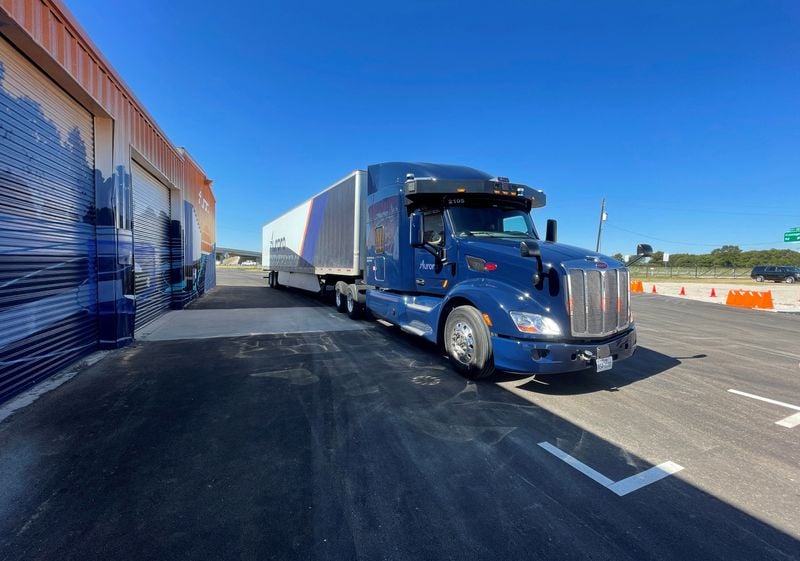SACRAMENTO, CA – Governor Gavin Newsom vetoed Assembly Bill 316 late Friday, rejecting a legislative attempt to restrict the operation of heavy-duty autonomous trucks in California.
The bill, supported by labor unions, required a trained human driver to be present in autonomous vehicles that weigh over 10,001 pounds. It had gained a significant majority in both the California State Assembly and Senate.
In his veto message, Governor Newsom stated that the current regulatory framework was sufficient for governing the technology, rendering the bill unnecessary.
While a veto can be overturned by a two-thirds majority vote in both legislative houses, this is an infrequent occurrence and has not happened in California since 1979.
Other states such as Texas and Arkansas already allow the testing and operation of autonomous trucks, but California, a hub for technology companies, currently prohibits the operation of such vehicles if they weigh over 10,001 pounds.
The California Department of Motor Vehicles has been working to develop a regulatory framework that would lift this weight restriction, according to industry sources.
Companies like Aurora, Daimler Truck, Kodiak Robotics, and Gatik are among those that continue to test and deploy driverless trucking technology, despite challenges including elevated costs and technological hurdles.
Labor unions, spearheaded by the International Brotherhood of Teamsters, had urged Governor Newsom to sign the bill into law, citing safety concerns and potential job losses.
Governor Newsom assured that any future regulations from the Department of Motor Vehicles would be transparent and involve input from stakeholders to ensure safety. He also instructed the labor and workforce development agency to develop recommendations to offset any job losses that could result from the deployment of autonomous trucks.
